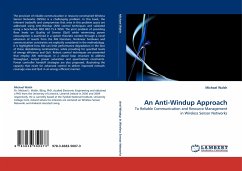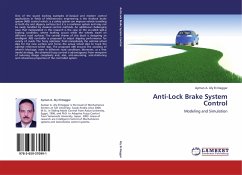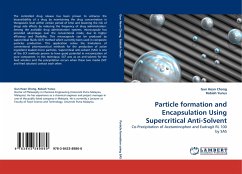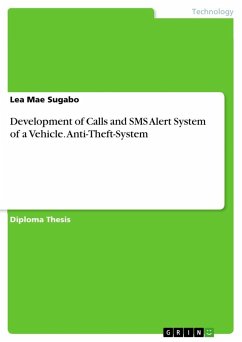
An Anti-Windup Approach
To Reliable Communication and Resource Management in Wireless Sensor Networks
Versandkostenfrei!
Versandfertig in 6-10 Tagen
52,99 €
inkl. MwSt.

PAYBACK Punkte
26 °P sammeln!
The provision of reliable communication in resource constrained Wireless Sensor Networks (WSNs) is a challenging problem. In this book, the inherent tradeoffs and compromises that arise in this problem space are addressed using Anti-Windup (AW) control techniques and validated using a benchmark IEEE 802.15.4 WSN. The joint problem of providing floor levels on Quality of Service (QoS) while minimising power consumption is examined in a system theoretic context through a novel extension of results from the AW literature. Nonlinear hardware and communication constraints are explicitly considered ...
The provision of reliable communication in resource constrained Wireless Sensor Networks (WSNs) is a challenging problem. In this book, the inherent tradeoffs and compromises that arise in this problem space are addressed using Anti-Windup (AW) control techniques and validated using a benchmark IEEE 802.15.4 WSN. The joint problem of providing floor levels on Quality of Service (QoS) while minimising power consumption is examined in a system theoretic context through a novel extension of results from the AW literature. Nonlinear hardware and communication constraints are explicitly considered in the methodology. It is highlighted how AW can limit performance degradation in the face of these destabilising nonlinearities, while providing for specified levels of energy efficiency and QoS. Robust control techniques are presented that employ AW techniques in a closed loop structure to address throughput, output power saturation and quantisation constraints. Power controller handoff strategies are also proposed, illustrating the capacity that exists for advanced control to deliver improved network coverage area and QoS in an energy efficient manner.












